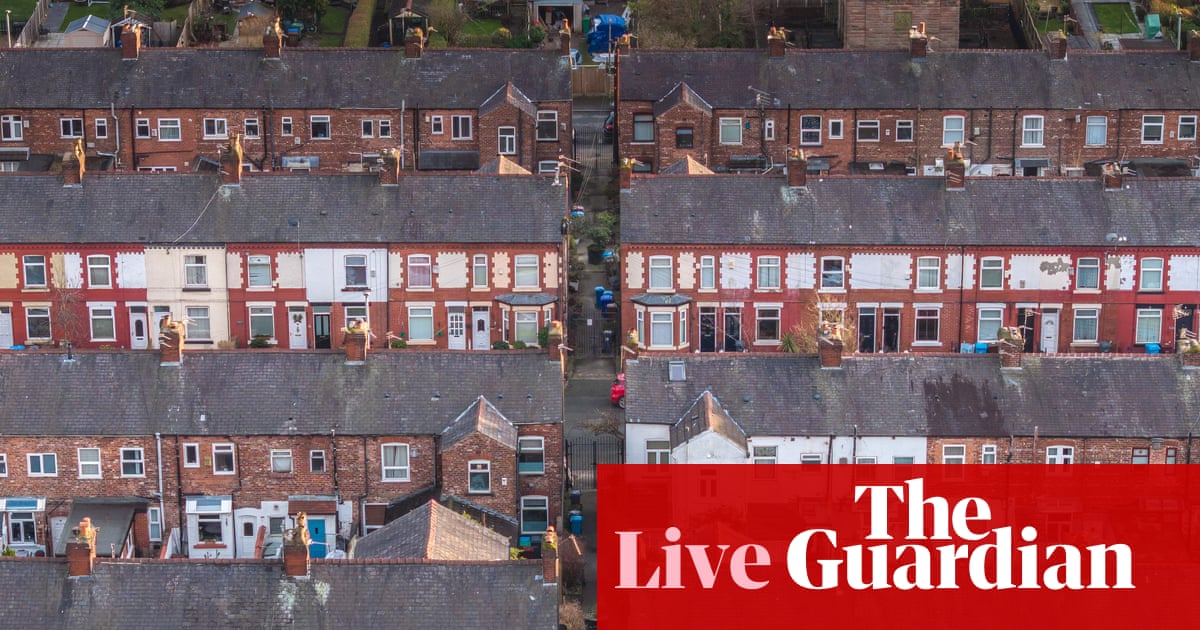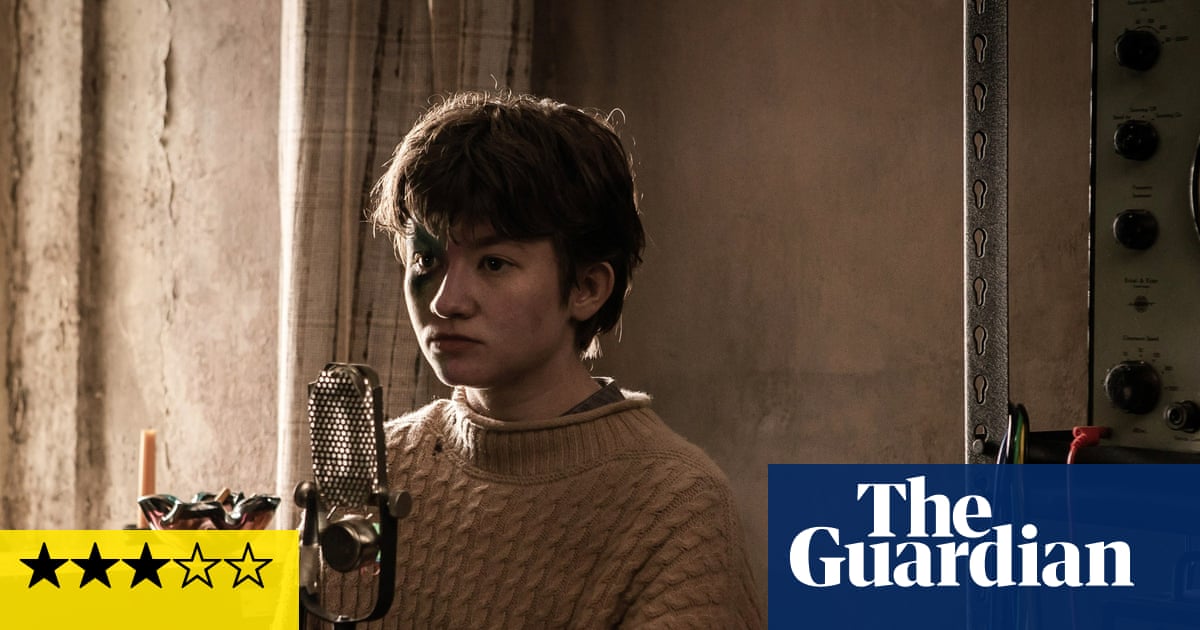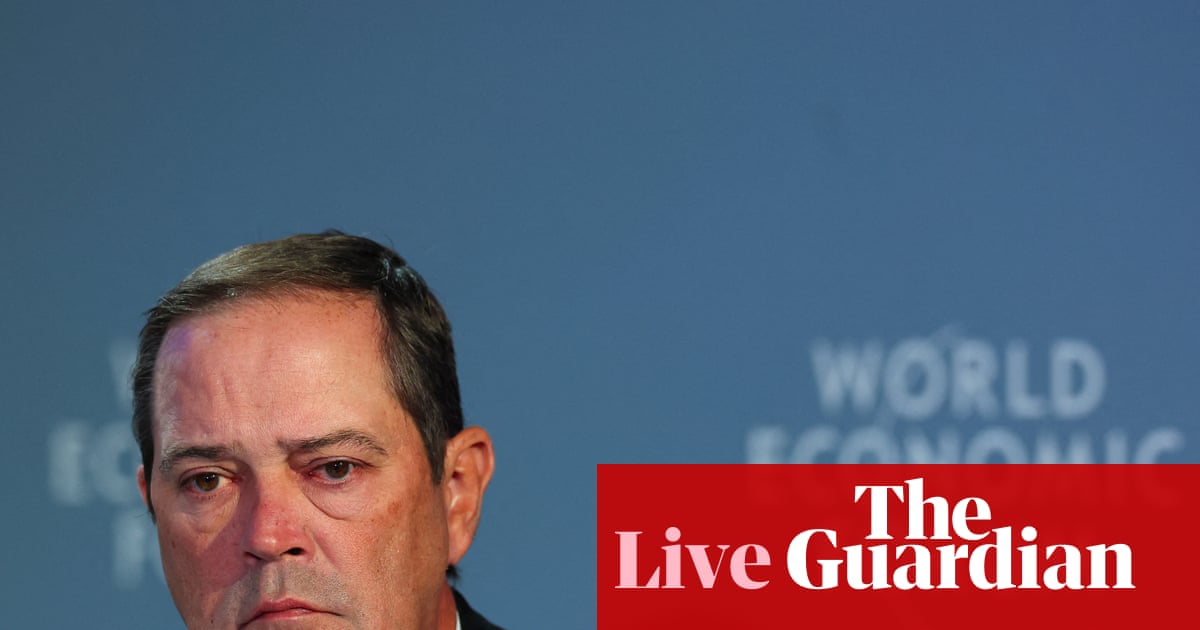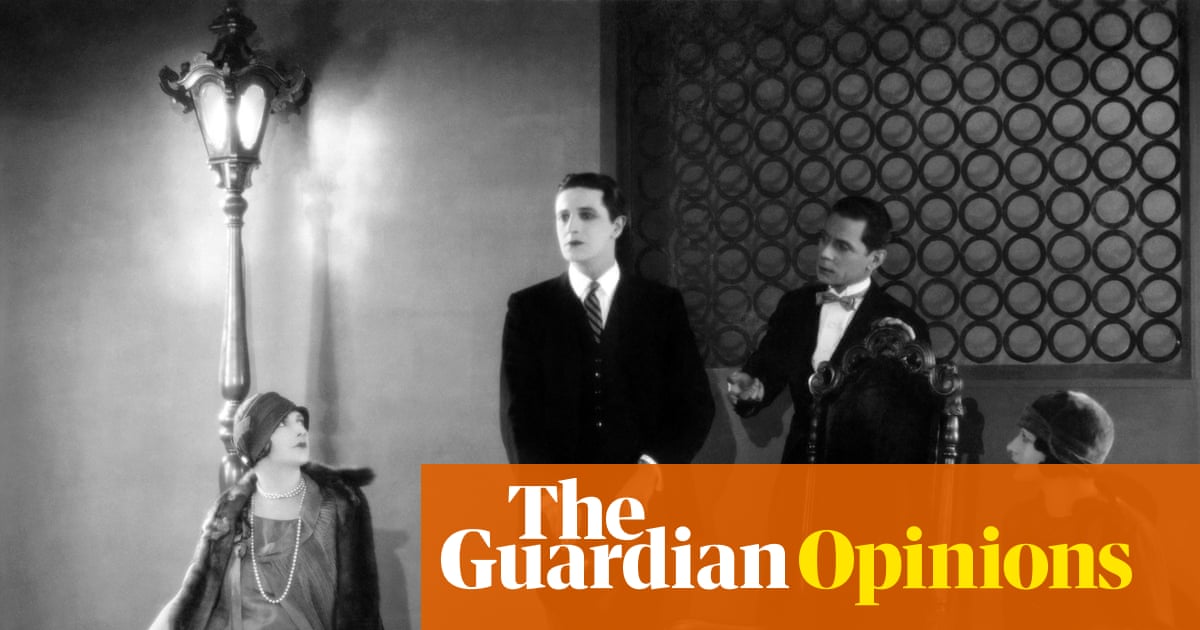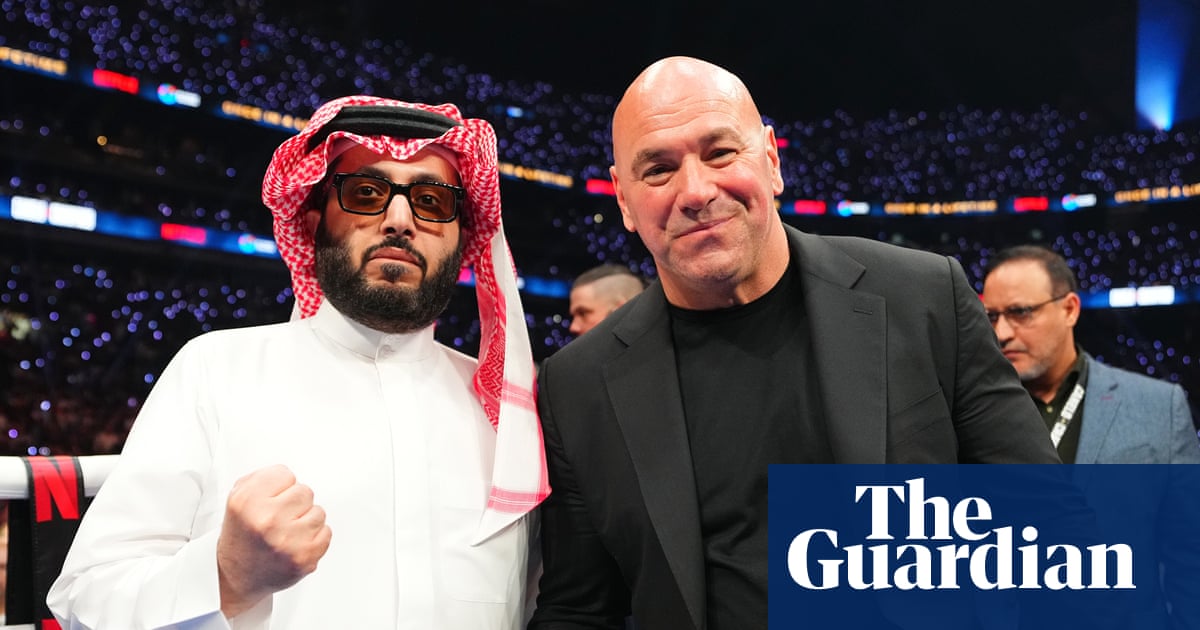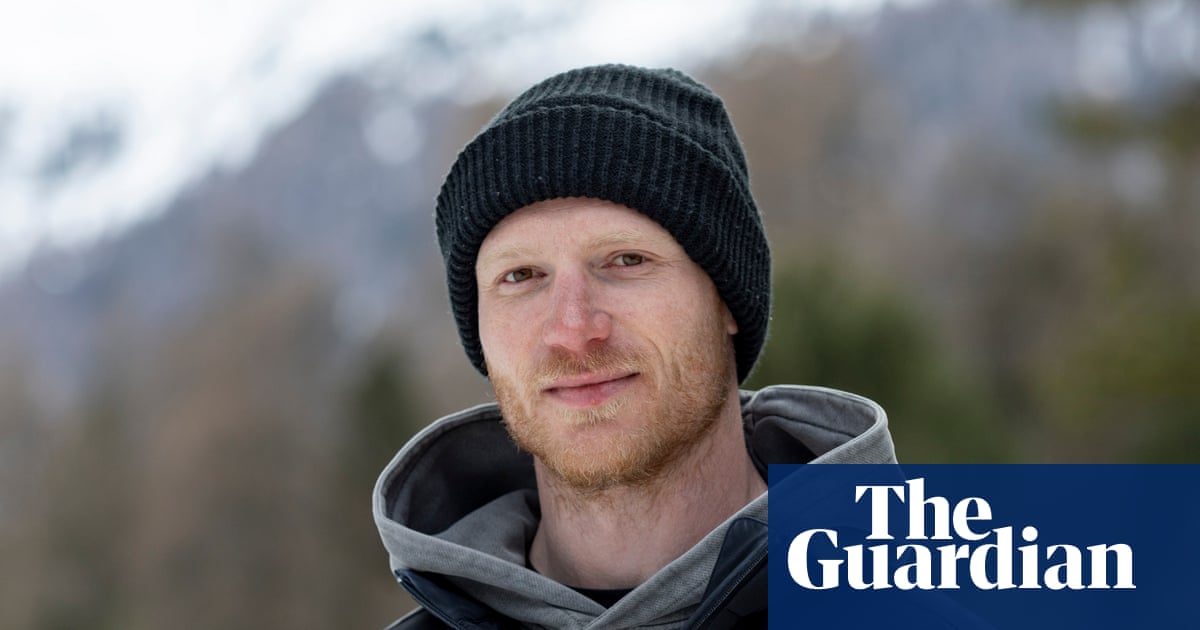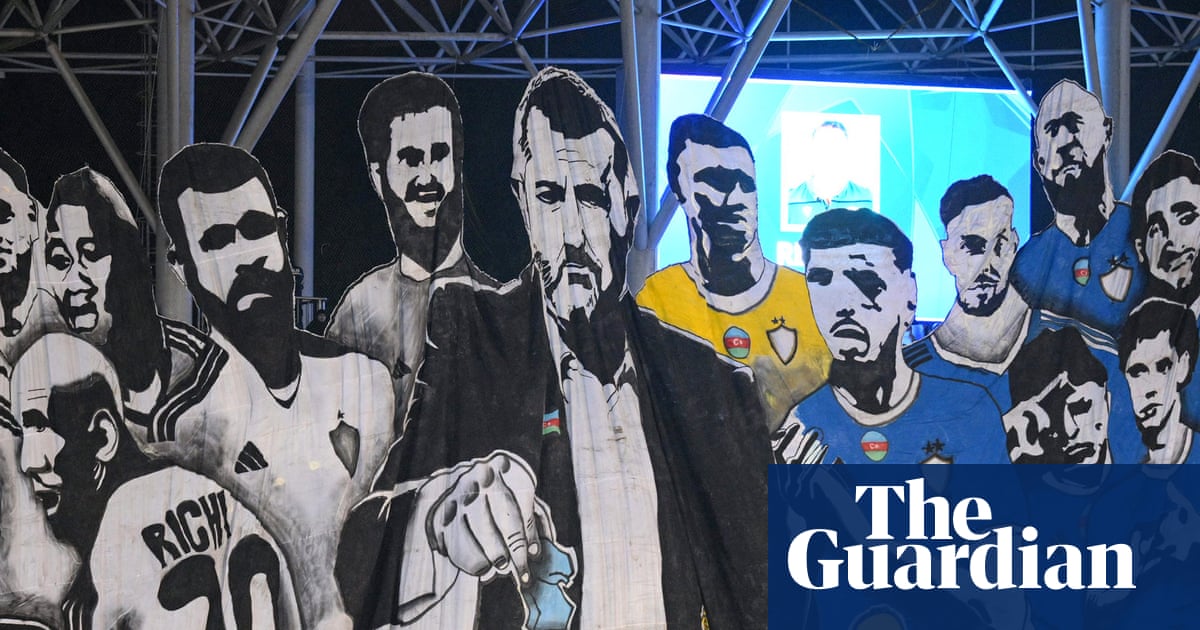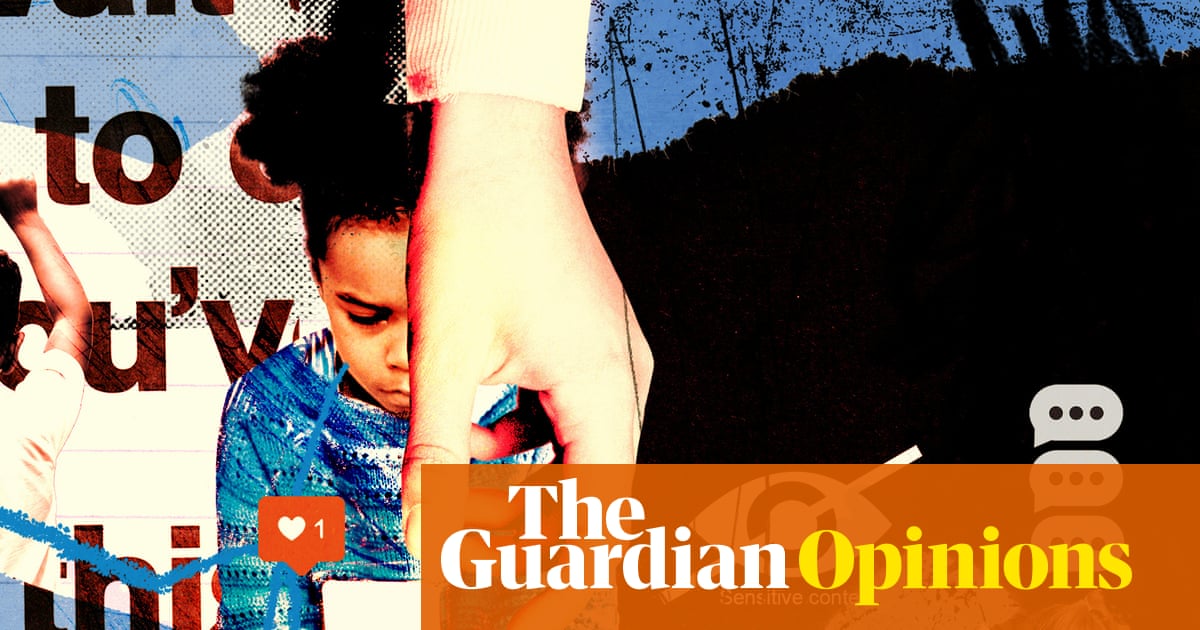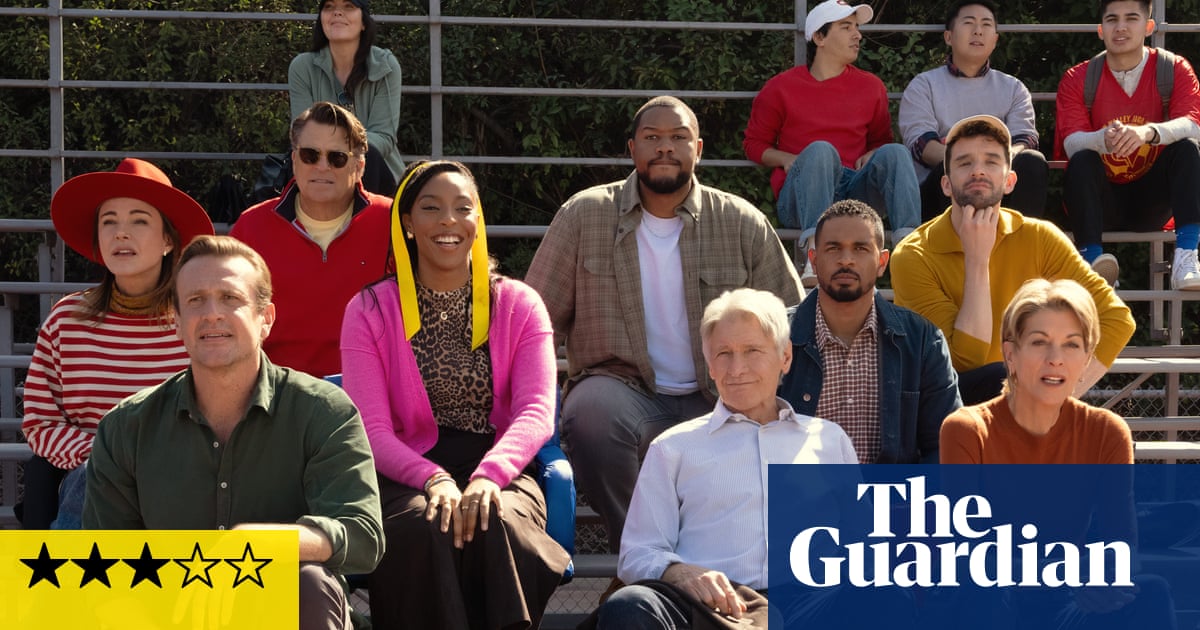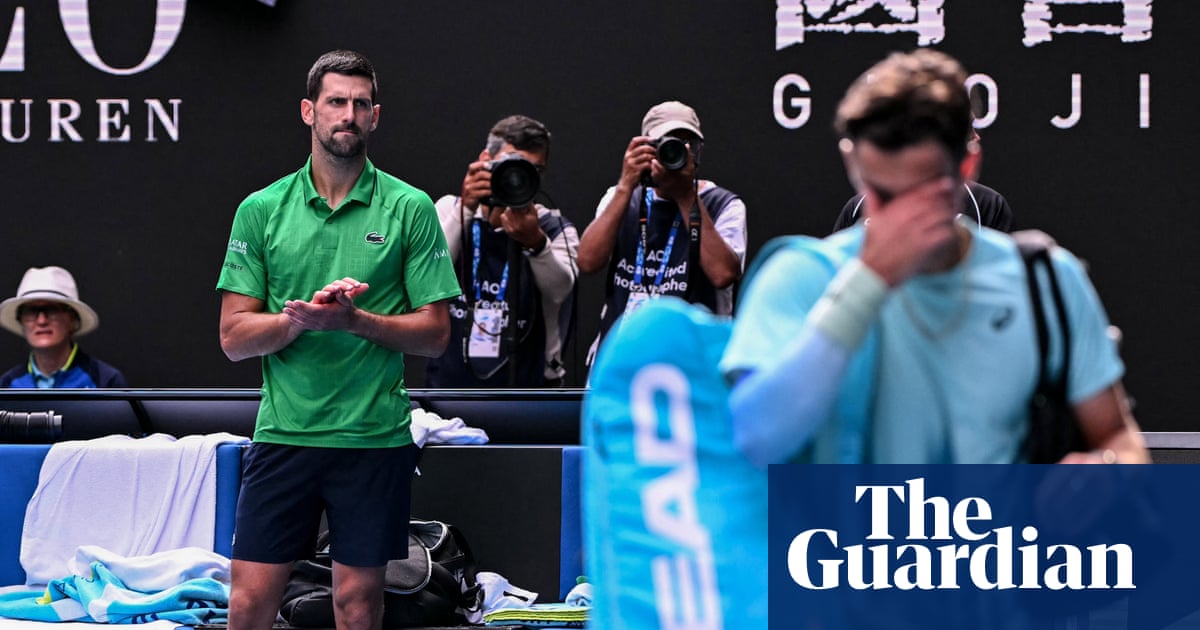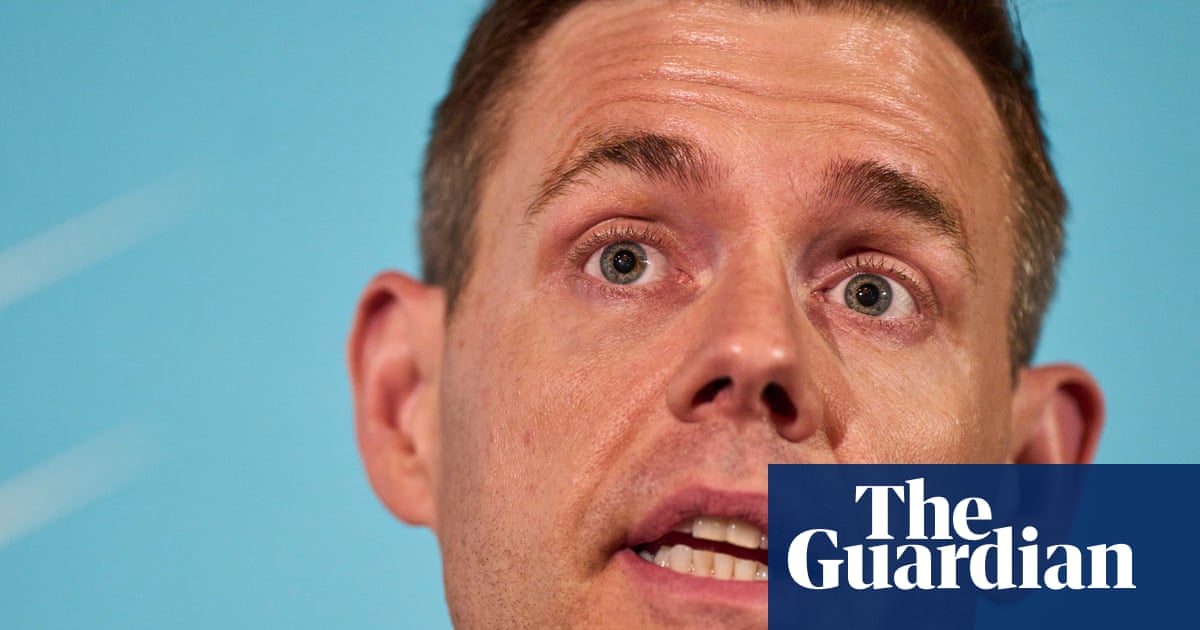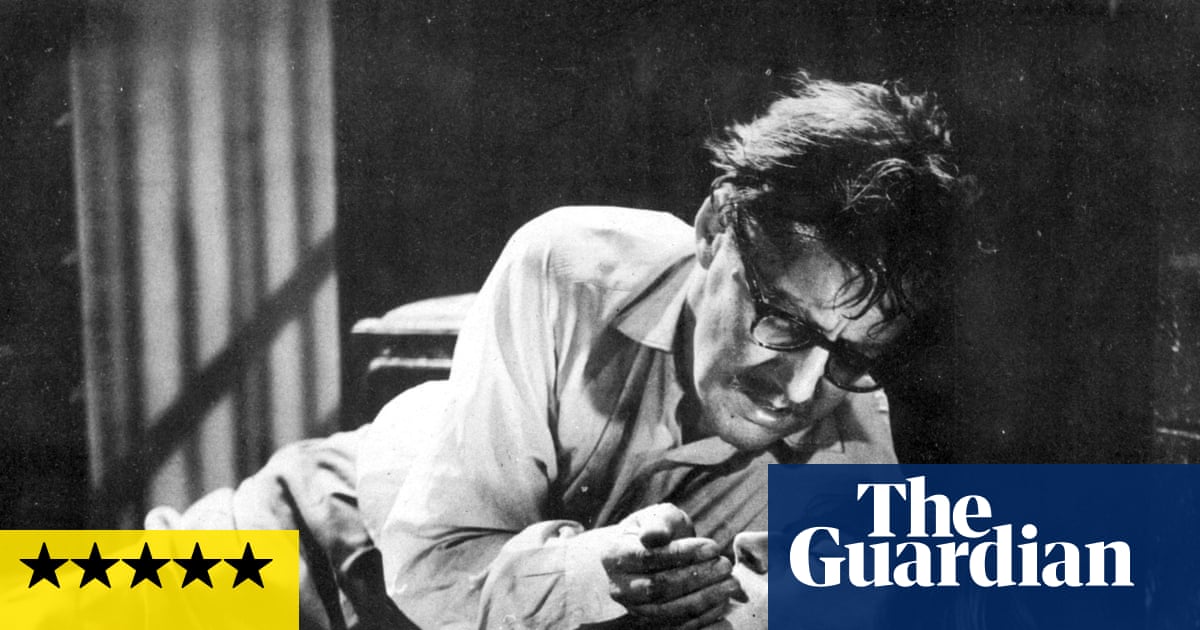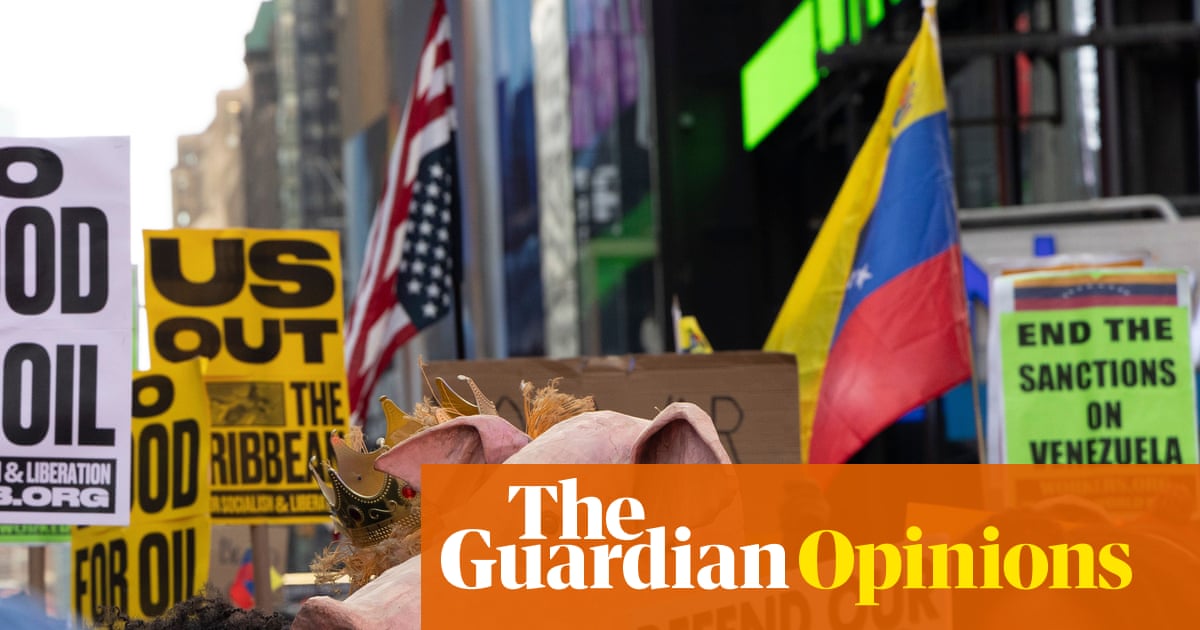He has spent 14 years in pain, adjusting to paralysis below the waist. But Munib al-Masri Jr, 37, says he forgives the Israeli soldier who shot him.
Masri is among Palestinians who welcomed the UK’s recognition of Palestinian statehood last month but are pushing the government to go further. The Britain Owes Palestine campaign that Masri is part of wants the UK to formally apologise for what they say is its historical role in creating the Middle East crisis, as ceasefire talks bring an uneasy peace to the region and raise questions about its future.
Masri believes his personal act is one sign of how “many [Palestinian] people would want to forgive” and live side by side in peace with Israelis, if they were promised the “just future” he believes the UK can help achieve.
Masri was at a May 2011 march – commemorating the Nakba, the mass displacement of hundreds of thousands of Palestinians during the 1948 Arab-Israeli war – at Maroun al-Ras, on the border of Lebanon and Israel, when soldiers opened fire.
He said: “Everyone was unarmed, one child attempted to cross this fencing on the border – he was shot instantly. I saw him die, fall on to the barbed wire, in the most horrific way. And nobody else tried to cross after that, including myself. I was turning my back and got shot from that side. I didn’t even see his face. It was a sniper.
“I felt the impact, fell down instantly. It was unlike anything I’d ever experienced. I was thinking at the time: ‘Did I lose the use of my legs, or was I just in shock?’ I got the answer to that soon enough.”
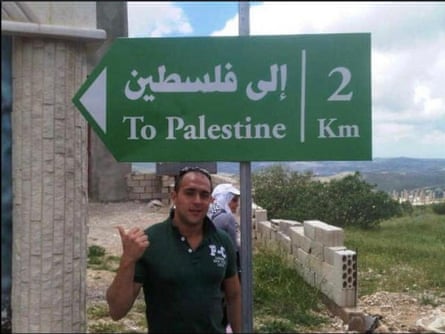
Masri, who was studying political science at the American University of Beirut at the time, suffered injuries to his kidney, spleen, stomach and spinal cord, and was “lucky to be alive”, he said.
After a “lot of time in bed feeling sorry for myself”, years of treatment and heavy medication, he has recently been able to manage his pain, he said, with exercise and an anti-inflammatory diet. He still needs a wheelchair but has regained enough movement to “walk a little bit” with aids. While he still does not know who shot him, Masri says he doesn’t hold him personally responsible.
He added: “Forgiveness is a personal thing, holding on to anger is not going to serve me in the end. I have forgiven for myself and for the sake of peace.
“Forgiveness is deeply personal for everyone. [But] if we have a genuine gesture for making things right for peace, I’m sure many people would want to forgive because I think its in human nature. But certain conditions have to be met.
“Not living under threat. Freedom of movement, not living under somebody’s boot. At the bare minimum receiving care.”
Masri, who believes in a two-state solution “as a step to a one-state solution” described the UK’s recognition of Palestinian statehood as a “big step, but nowhere near enough”.
In September, campaigners including Masri and his grandfather, Palestinian philanthropist Munib al-Masri, served a legal petition asking the UK to take responsibility for alleged “serial international law violations” between 1917 and 1948, a period including the Balfour declaration and the British mandate for Palestine.
A legal petition is a formal request to the government to act, based on evidence and legal analysis, often used by victims of colonial wrongdoing. If the government does not respond it could lead to a judicial review at London’s high court.
Victor Kattan, public international law professor at University of Nottingham, author and adviser to the Britain Owes Palestine campaign, said of the petition: “We want to provoke a national conversation to educate the British public about the past.
“This conflict could not have existed without Britain’s role as a colonial power. Half the [Palestinian] population that was expelled in 1948 were expelled when Britain was still responsible for law and order in the territory [and] a lot of the tactics that the Israeli army has been using over the decades were learned from the British.
“It’s important to Palestinians that this history is understood and acknowledged – it’s key to understanding the conflict, and, if you want to resolve it, you need to understand it.”
The Foreign Office has been approached for comment.

 3 months ago
52
3 months ago
52
